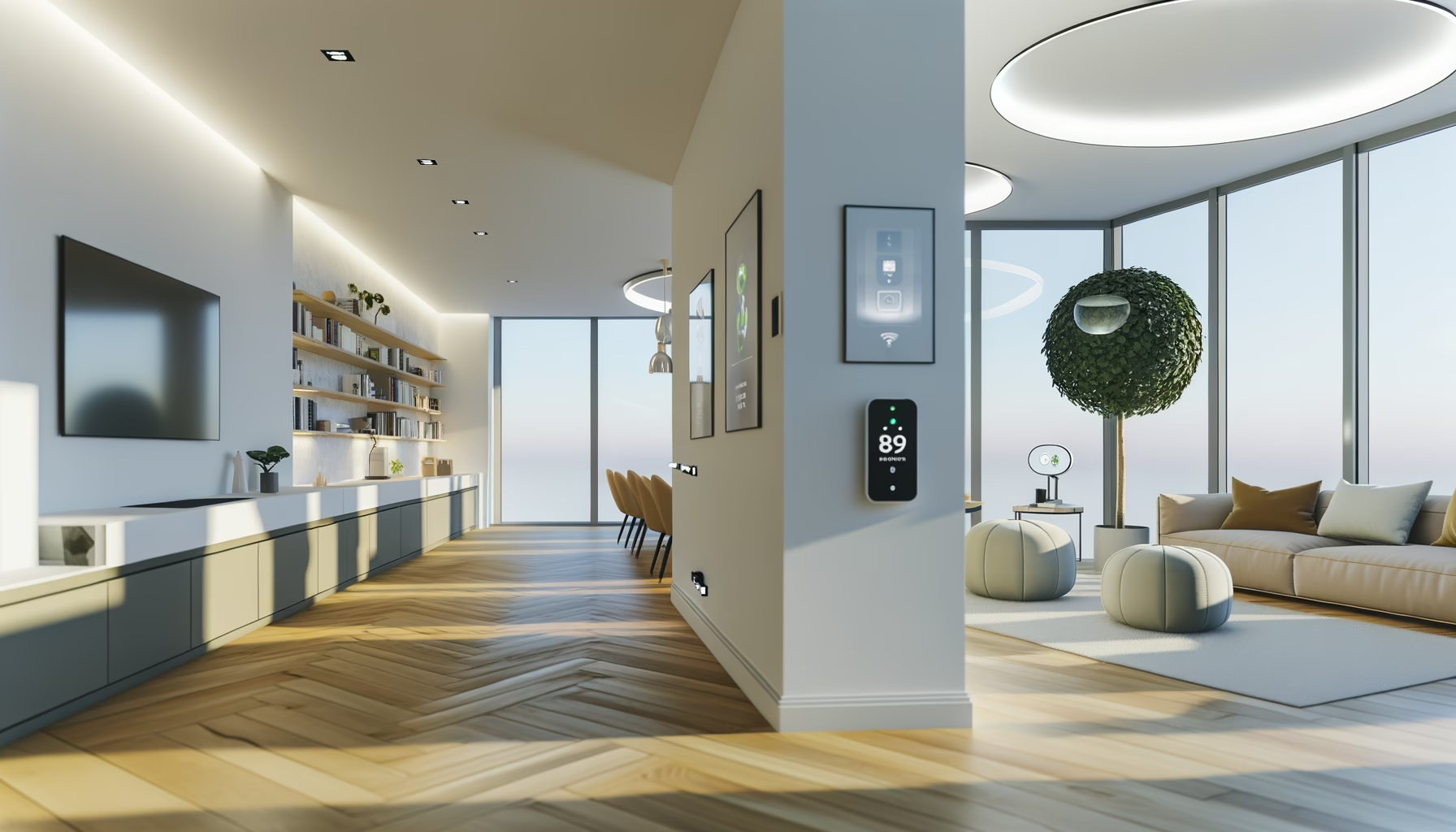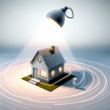Ever tried to set up a smart home, only to find your devices are more temperamental than your uncle after a few pints? If you’ve been living the dream, you’ll know how frustrating it is to juggle different brands, incompatible devices, and endless apps. This is where Matter comes into play, promising to cut through the chaos of device compatibility and make your life just a tad easier.
Why does this matter? Well, in an age where our homes are getting smarter, the ability to have devices that actually talk to one another without requiring a degree in computer science is crucial. Matter aims to transform the landscape of smart home devices by providing a unified standard. This isn’t just tech jargon; it’s about making sure your smart bulbs, locks, and thermostats speak the same language—saving you time, hassle, and perhaps a bit of your sanity.
What is Matter?
Matter is the new industry standard for smart home technology, designed to enhance compatibility between various devices from numerous manufacturers. Launched with backing from major tech players—think Apple, Amazon, Google, and Samsung—Matter strives to be the glue that binds your smart devices. Its goal is straightforward: to facilitate more seamless, secure, and reliable connectivity across your smart home ecosystem.
Rather than having to worry if your Philips Hue bulbs can work with your Google Nest Hub or if your new Eve sensor can talk to Home Assistant, Matter aims to provide the necessary framework to ensure these devices play nicely together. In fact, with Matter, you’ll find that devices can often function even without an active internet connection by relying on your home network.
Setting Up Matter Devices
So, you’ve decided to dive into the world of Matter. Setting up your Matter-compatible devices isn’t rocket science, but it does require a little forethought. Firstly, check your existing devices. As of now, numerous products are compatible with the Matter standard, and the list continuously grows. You can even find a comprehensive list of certified products, which extends into the thousands, providing a solid basis for your smart home project.
Next, you’ll need a Matter controller. This could be a device like the Apple HomePod or Google Nest Hub that supports Matter. These take centre stage in your smart home, managing the interactions of your various devices. Make sure to download any accompanying apps for these hubs if you haven’t done so already.
Once you’ve got your hub set up, it’s usually a straightforward process of following the manufacturer’s instructions for each device. Compatibility checks and software updates are typically part of this, so you might find your existing hardware is eligible for a Matter facelift via updates. However, do be aware that integration isn’t universally flawless; some manufacturers might maintain proprietary features that could hinder full compatibility.
Benefits of Using Matter
Let’s talk about why you should care about Matter besides the warm and fuzzy feeling of having a tidy smart home. Here are a few significant perks:
- Improved Security: Matter is designed with security in mind, utilizing end-to-end encryption to protect your data as your devices connect to each other and the internet.
- Seamless Interoperability: No more fretting over whether that funky new smart plug will work with your security system. Matter ensures devices from different manufacturers can interact.
- Enhanced Device Support: With a growing market of over 80,000 devices compatible with Google Home alone, there’s variety without sacrificing quality.
- Local Control: By prioritising local commands over internet reliance, Matter speeds up device responsiveness and reliability, a godsend if you’ve ever experienced your whole network grinding to a halt.
- Flexibility Across Platforms: Matter’s support for both Wi-Fi and Thread allows you to integrate devices from various ecosystems without getting lost in the tech mumbo jumbo.
These benefits position Matter as a significant leap forward for smart home stability, but do remember: you need to select devices and ecosystems wisely for the best results.
Troubleshooting Common Issues
Despite Matter’s ambitious goals, you might encounter a few bumps while integrating your smart devices. Here are some common issues and tips on smoothing out the wrinkles:
- Connectivity Problems: If devices aren’t connecting, ensure that both your hub and the devices are updated. You’d be surprised how often simply checking for software updates can solve issues.
- Intermittent Performance: If you’ve got devices cutting in and out, check your Wi-Fi signal strength or the positioning of your hub. You may need a range extender if your home is on the larger side.
- Limited Compatibility: As some brands may not have fully embraced Matter yet, always double-check that you’re investing in Matter-certified devices to avoid disappointment.
- Permission Issues: Sometimes, device permissions can get tangled. Ensure that your smart home apps have the necessary permissions to access the devices in question.
- Resetting Devices: If all else fails, don’t shy away from factory resetting your devices. It might be tedious, but sometimes a fresh start is all you need to establish a stable connection.
Final Thoughts
At the end of the day, if you’re looking to overhaul your smart home setup or just make it function better, Matter is worth your attention. The standard isn’t perfect and it requires manufacturers to cooperate, but its promise of enhanced stability, security, and device compatibility is something every homeowner in the UK should consider.
The reality of smart homes is that we’re still ironing out the kinks. As you embrace Matter, be prepared for a learning curve, but ultimately, you’ll find that your smart home can become, well, a lot smarter. So grab those devices, get them talking, and enjoy a home that’s just a little bit less exasperating.




